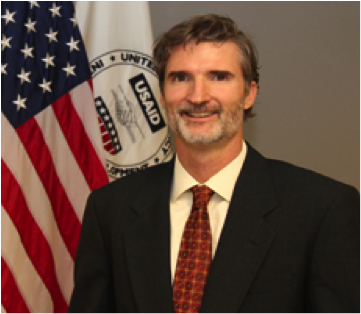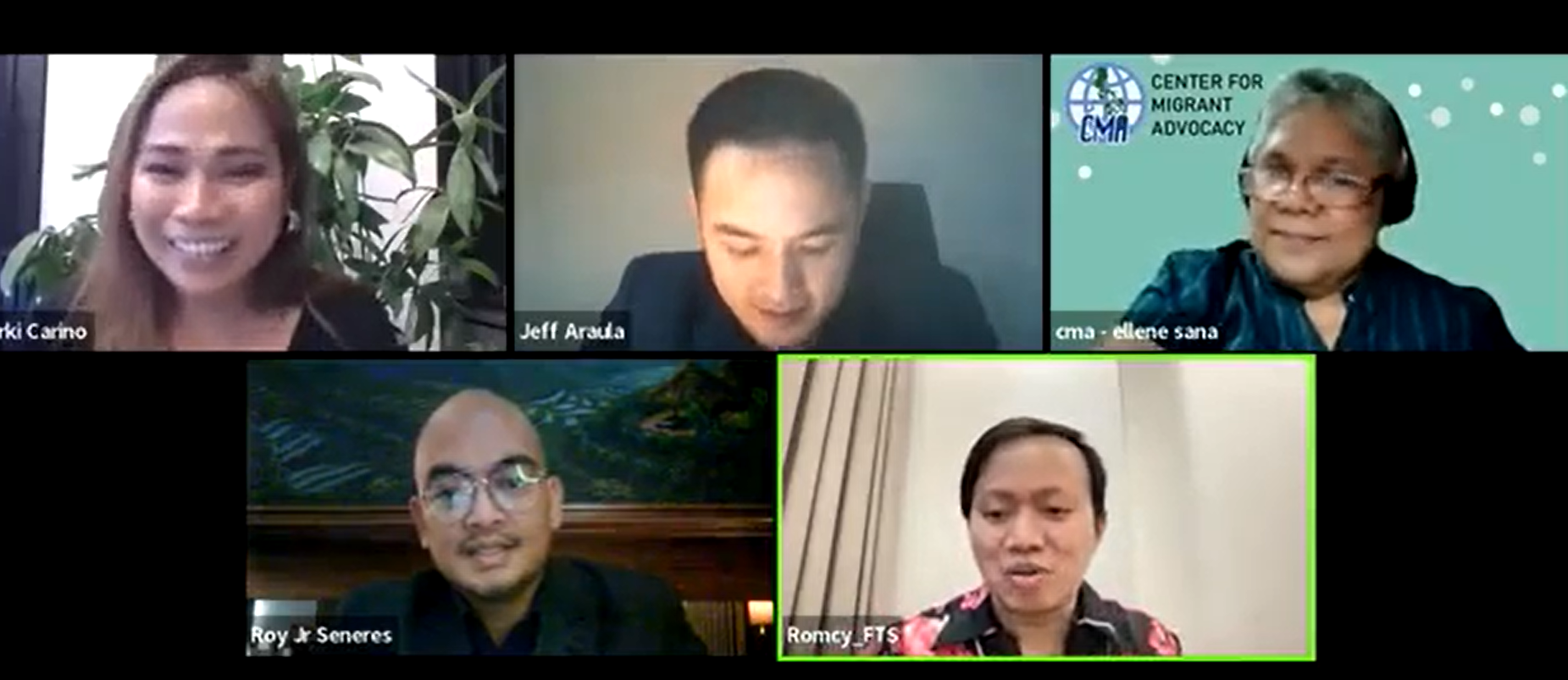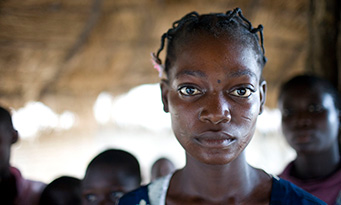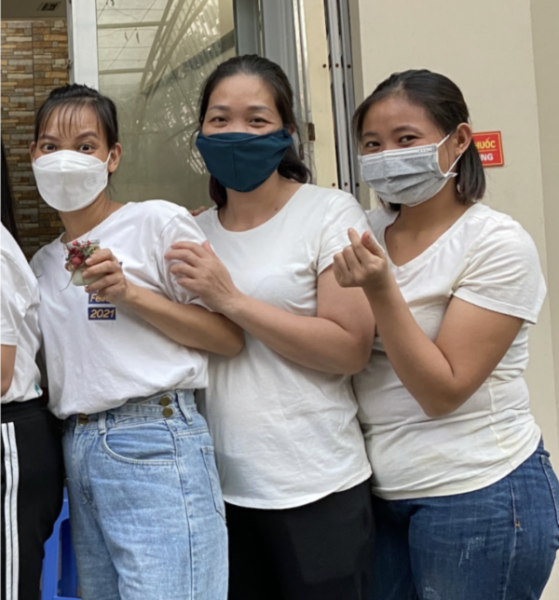Editor’s note: The historic anti-slavery concert last weekend in Myanmar, also known as Burma, was made possible by a coalition of organizations, including the U.S. Agency for International Development (USAID). We invited USAID to reflect on what the concert meant for the modern abolition movement. Chris Milligan is USAID’s Mission Director in Burma.
What a year of historic firsts. In April, Secretary Clinton re-established USAID’s mission in Burma, our first in 24 years. In November, President Barack Obama became the first sitting U.S. President to visit the country, and he and Secretary Hillary Clinton officially dedicated USAID’s mission. And this past Sunday, in Burma’s first city of Rangoon, the first major international live-event was held in over half a century.
The event was Live in Myanmar, MTV EXIT’s 31st concert to counter trafficking in persons. Held in Rangoon’s People’s Square, at the base of the country’s iconic Shwedagon Pagoda, over 50,000 people gathered to hear multi Grammy Award-winning singer songwriter Jason Mraz perform. He was joined by top artists from Burma and Thailand, including Phyu Phyu Kyaw Thein and R Zarni, Chan Chan, Sai Sai, Lynn Lynn, Phyo Gyi and Chit Htu Wai, and Slot Machine. The commitment and work by these local and regional artists was particularly moving. All performed for enthusiastic fans, and all came with a common purpose: to raise awareness about human trafficking.
The United Nations estimates that at any one point there are 20 million victims of human trafficking worldwide, more than half of these victims are in the Asia Pacific region. As President Obama said, “The fight against human trafficking is one of the great human rights causes of our time.” And we know that raising awareness is key to that fight. Mixing live music and critical messages, the concert organizers and participants shared in-country contact numbers for counter-trafficking police and NGOs, excerpts from two MTV EXIT documentary videos developed in Burma, and personal stories of individual Burmese who were trafficked in Southeast Asia.
U.S. Ambassador to Burma Derek Mitchell and U.S. Ambassador-at-Large for Counter Trafficking Luis CdeBaca both spoke resolutely to the crowd about the U.S. Government’s commitment to combat trafficking in persons globally, and the need for youth to be alert and be educated about trafficking. USAID has been a dedicated supporter of the MTV EXIT campaign for six years, leveraging the power of music and entertainment as invaluable tools to educate young people about human trafficking.
Most exciting was the Government of Burma’s support and involvement in this effort from start to finish. Despite the staggering size of crowd, MTV EXIT’s largest to date, the government ensured a safe event without ever losing the celebratory atmosphere of the concert or the seriousness of the issue. Government representatives spoke passionately and urgently to their youth about personal protection and community awareness, and signed a pledge to work towards the end of human slavery in this generation. Their determination and commitment gave me hope.

USAID’s Chris Milligan
I know that ending human trafficking can feel daunting or at times, even impossible, but on Sunday night, looking out at the crowd, I was inspired that it is within reach. We know traffickers use technology, like cell phones, and social networking sites to ensnare victims and, yet, there we were, using MTV’s global platform, which reaches 600 million people with lifesaving messages about awareness, protection and support. As USAID Administrator Dr. Raj Shah remarked, “As we’ve seen, knowledge can lead to freedom, giving us all the power to end modern slavery.”
Learn more about USAID’s Counter-Trafficking in Persons Policy and Challenge Slavery, a Counter-Trafficking in Persons Campus Challenge that calls on university students globally to develop creative technology solutions to prevent trafficking, enable victims to escape from traffickers, and help survivors recover.



